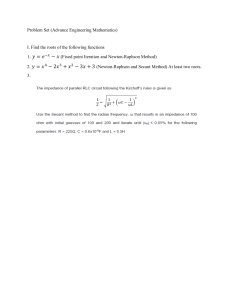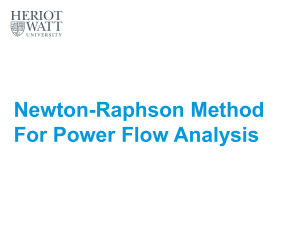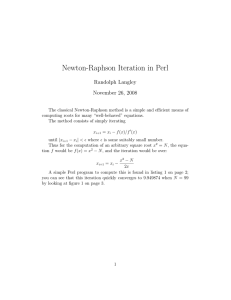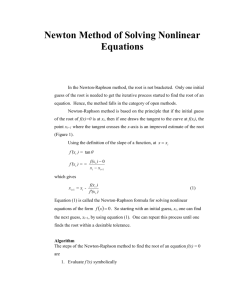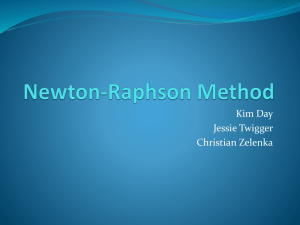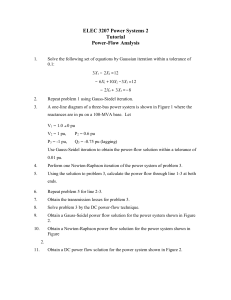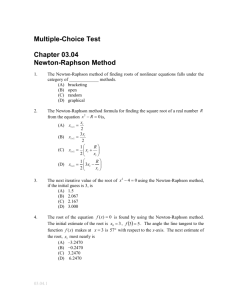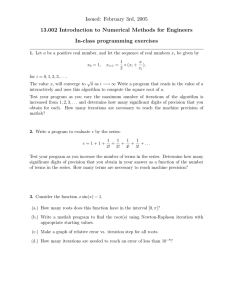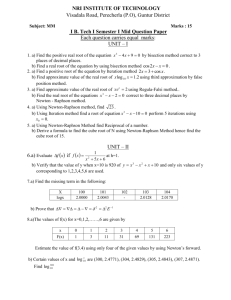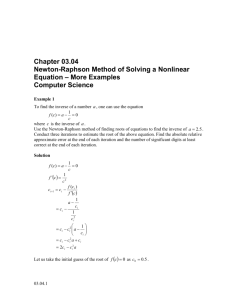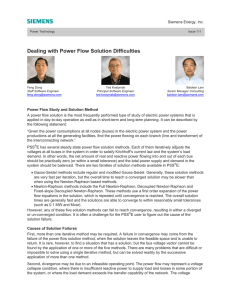ABSTRACT
advertisement
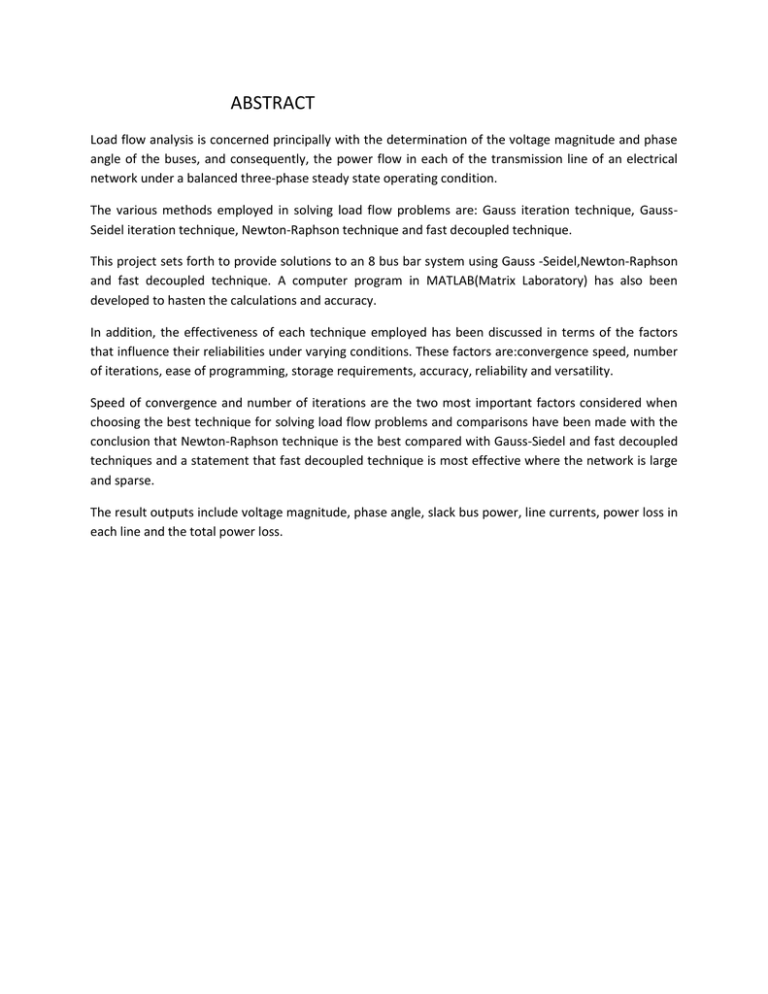
ABSTRACT Load flow analysis is concerned principally with the determination of the voltage magnitude and phase angle of the buses, and consequently, the power flow in each of the transmission line of an electrical network under a balanced three-phase steady state operating condition. The various methods employed in solving load flow problems are: Gauss iteration technique, GaussSeidel iteration technique, Newton-Raphson technique and fast decoupled technique. This project sets forth to provide solutions to an 8 bus bar system using Gauss -Seidel,Newton-Raphson and fast decoupled technique. A computer program in MATLAB(Matrix Laboratory) has also been developed to hasten the calculations and accuracy. In addition, the effectiveness of each technique employed has been discussed in terms of the factors that influence their reliabilities under varying conditions. These factors are:convergence speed, number of iterations, ease of programming, storage requirements, accuracy, reliability and versatility. Speed of convergence and number of iterations are the two most important factors considered when choosing the best technique for solving load flow problems and comparisons have been made with the conclusion that Newton-Raphson technique is the best compared with Gauss-Siedel and fast decoupled techniques and a statement that fast decoupled technique is most effective where the network is large and sparse. The result outputs include voltage magnitude, phase angle, slack bus power, line currents, power loss in each line and the total power loss.
